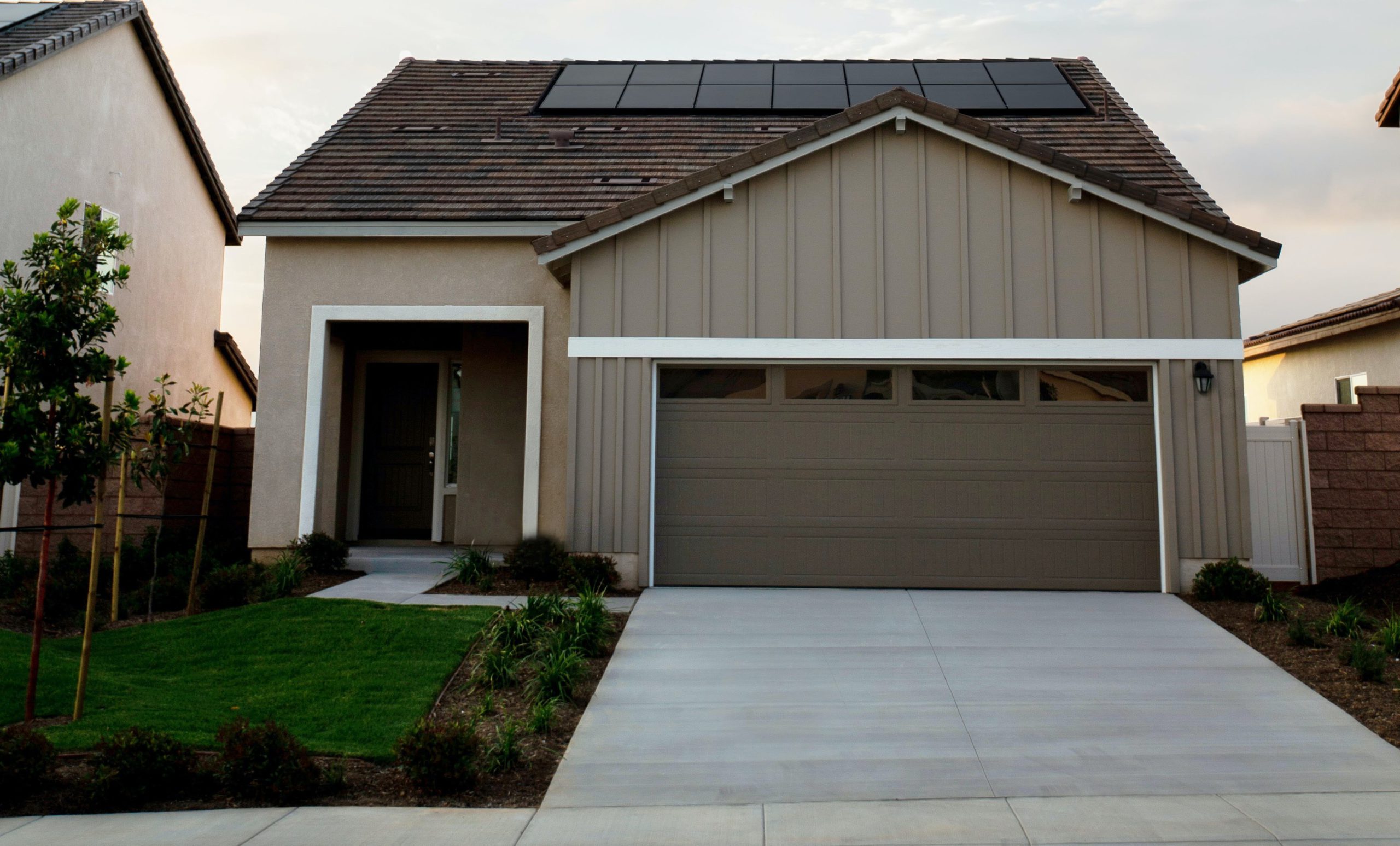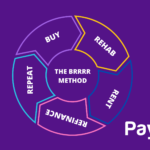There are so many ways to monetize a property — and some involve very little effort. Most landlords assume that renting their entire property to a full-time tenant is the best way to make a profit, but in fact, not all property rental situations have to be at that level. A new way that many property owners are making some extra income is by renting their garages. A garage for rent requires much less regular upkeep and consistent communication with tenants, especially since the garage will house property, not a person.
Are you wondering if renting your garage could be an easy way to boost your monthly income and make the most of your property? Here are a few simple tips for you to follow when you’re considering renting a garage.
Check Your Local Laws
Whenever you’re interested in a new form of property rental as a landlord, you should check the laws and regulations in your state and county surrounding the type of rental. Laws vary significantly from state to state and even city to city, so it’s important to make sure your rental idea is legal where you live.
Since garages are not considered dwellings, they will likely be included under a much different set of regulations and standards compared to a home. However, these laws vary from city to city — and even from neighborhood to neighborhood. You may also have to meet additional safety standards for your garage in order to rent it out.
A Garage for Rent Needs to Be Unattached
Do you want to rent out a garage on a property that already has live-in tenants? Whether you can do this depends on the type of garage.
When a garage is included on a property and attached to the home, it is generally required to be completely accessible and usable for any tenants currently renting the home.
Conversely, your property may have an unattached garage. In that case, you can typically decide whether you want to include the garage as a feature for tenants to use or to maintain exclusive use of it.
Though allowing tenants the use of an unattached garage can potentially allow you to increase rent rates or attract longer-term tenants, some landlords prefer to keep the garage as a storage space.
However, if you have an unattached garage that your tenants don’t have access to and you don’t need for storage yourself, renting out the garage as an independent storage space can be a great way to make some extra income with very little effort on your part.
Create an Appropriate Lease Length for a Garage for Rent
Lease agreements for dwellings typically last at least a year, with the option of month-to-month renting after the initial term ends. In contrast, storage space rentals like unattached private garages can vary in lease length.
Depending on the laws in your area, the length of a garage contract may be completely up to your discretion.
If the garage is unattached to a home but still located on a property where live-in tenants are present, you should take them into account when renting your garage.
Your live-in tenants will likely have to come in contact with the garage renter. Renting the garage out to another tenant may interfere with their ability to live comfortably, and it could be against the terms of their lease.
Carefully examine your lease before moving forward. You may want to design leases on a longer-term basis so your tenants can set up a working relationship with your garage renter that keeps both parties happy and comfortable.
Determine Exactly How Tenants Can Use the Garage
When you’re listing a garage for rent, the length of your lease agreement isn’t the only term of rental that you should be specific about. In fact, your lease agreement when renting a garage should clearly state what your tenant can and can’t use the space for.
These details will vary from landlord to landlord. For example, you might be fine with renters using the garage as a workshop, studio, or rehearsal space, while others might prefer that the garage be strictly used for storage to avoid noise, mess, or people coming in and out.
Determine what you’re comfortable with before drafting your lease so that you can be as specific for your garage renter as possible and avoid issues or misunderstandings in the future.











